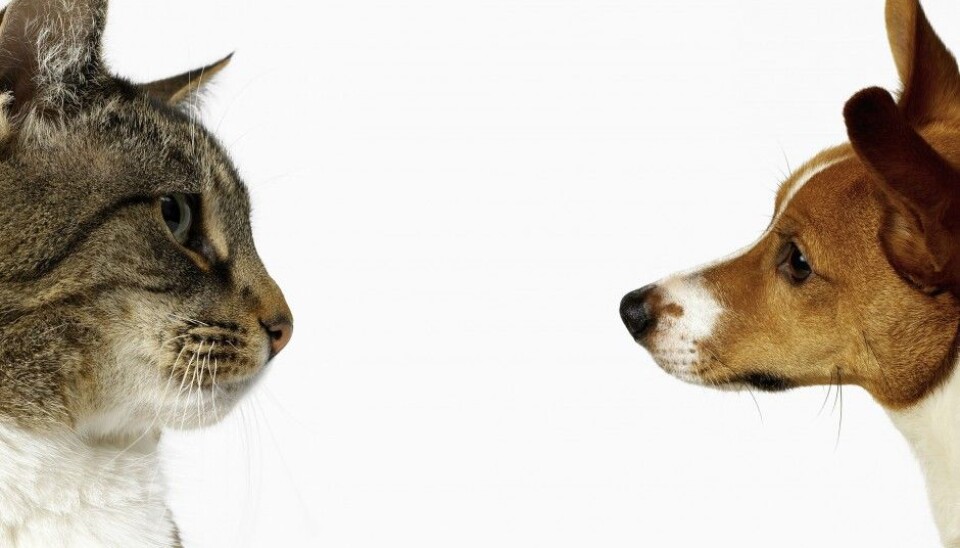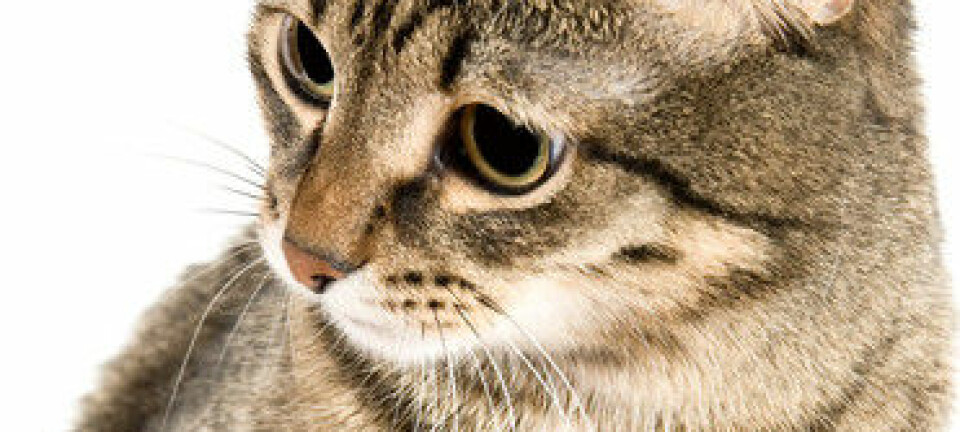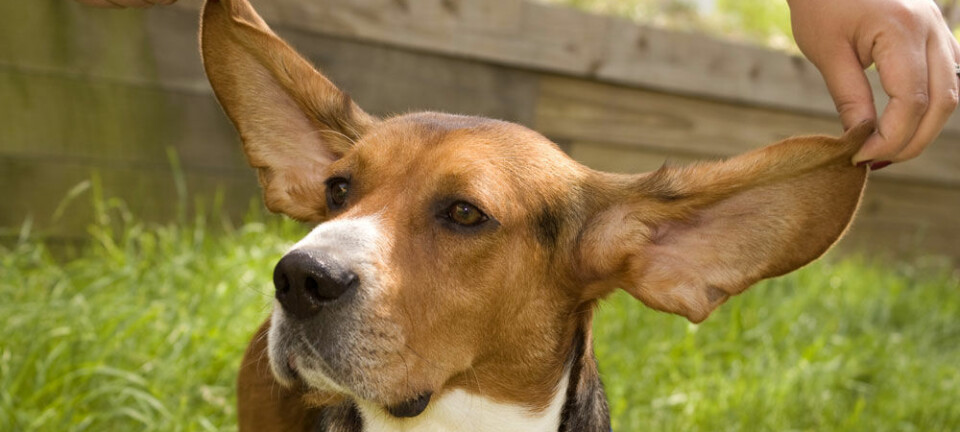
Does it harm animals to have two homes after a divorce?
"Dogs and cats are different in this respect,” claims an animal welfare researcher.
Denne artikkelen er over ti år gammel og kan inneholde utdatert informasjon.
Divorce rates are still high. Debates have raged for decades about the best solutions for children regarding custody, residence and visiting rights when their parents split up. One our readers asked us what solutions are best for family pets:
If a couple separates and they have a dog or a cat, can it harm the animal in any way if the owners choose to share it? For instance if they have the animal one week each? Is it better for one to have the main responsibility while the other takes care of the pet just now and then?
We passed the question on to Cecilie Mejdell. She is a researcher at the Norwegian Veterinary Institute and one of her specialities is animal welfare.
Dogs can handle a move
Mejdell thinks that dogs and cats are disparately disposed as regards switching homes from week to week:
“Cats are more attached to a place, whereas dogs or more attached to people.”
The researcher thinks that dogs can make the adjustment of spending alternate weeks with each of the two owners than cats are.
“But the best solution for a very young puppy is to get the stability of a single residence,” she adds.

Certain adult dogs will also be happiest with just the single household, for instance when it is especially attached to one of the owners.
Six hours alone
“Maybe one of the owners has been involved with training the animal, walking it and other positive tasks,” suggests Cecilie Mejdell.
Then the best thing could be for the animal to live permanently with the one it’s most attached to.
One challenge, however, is that having sufficient time for the pet can be a problem when one person takes over the responsibility that was previously shared by two.
Sweden has a law, in fact, against dogs being alone for more than six hours a day:
“I’d like to see that limit reduced to four hours. Dogs are gregarious and it is unnatural for them to be alone for lengthy periods,” said a Swedish Veterinary Inspector to the ScienceNordic’s Norwegian partner, forskning.no.
A dog-sitter or a dog-walker can be a solution for some single owners of canines.
In any case, divorces pose a big change in the life of a pet. Even if great solutions are found for where the animal lives, it can develop behavioural problems.
Reacting to a divorce
“Just like children, cats and dogs can react to a divorce,” says Mejdell.
The animal can start acting differently and the owner might experience behavioural problems. Cats might start relieving themselves around the house or show stress in other ways.
“Dogs are concerned about their pack and don’t like to split up. You see that when you take a walk together. The dog reacts if one of the human owners suddenly takes off in a different direction.”
Animals are individuals
“It’s important to remember that dogs and cats are also individual and not all of them react the same,” adds the researcher.
Mejdell thinks it essential for owners who are parting ways to give their pet real consideration and try to figure out what’s best for it.
———
Read the Norwegian version of this article at forskning.no
Translated by: Glenn Ostling



































